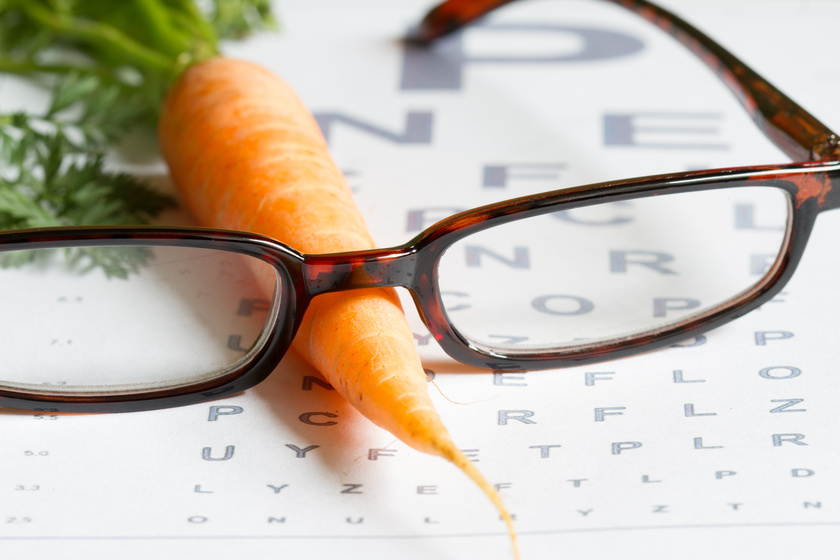Vision impairment is a common problem among aging retirees, and can lead to accidents. As with all age related disorders, prevention is the preferable solution, so below are five tips for preventing vision problems before they occur.
Get a Yearly Eye Exam
Even those with 20/20 vision should make it a habit of getting a yearly eye exam, especially if they are over the age of 60. These exams are designed to catch eye issues early and the doctor can make recommendations regarding contact lenses or eye glasses you should wear. The earlier you catch conditions such as macular degeneration, glaucoma or diabetes eye problems, the better you’ll be able to treat it. A lot of these conditions manifest little or no warning signs.
Make Sure You’re Getting Enough Rest
Sleep deprivation has been linked to a number of health issues, such as depression, lower immune function and weight gain. But aside from this, those that don’t get adequate sleep might also damage their eyes. Symptoms of such damage include optical dryness, pain, blurry vision or twitching. Everyone should be getting a minimum of seven hours’ worth of sleep each night.
Take Screen Breaks
Almost everyone is looking at a screen these days, whether it is a smartphone, tablet, laptop or desktop computer. And while it may be a necessity for school or work, the fact of the matter is that human eyes weren’t designed to stare at brightly lit screens for hours each day, and doing will lead to eye strain. Try to get into the habit of taking thirty second breaks every fifteen minutes or so to either look away from the screen or close your eyes.
Consume a Balanced Diet
The food you put in your stomach will influence your vision, one way or another. Those that consume diets rich in vegetables and fruit will tend to have better eyesight as they age when compared to those that don’t. In particular, you want to regularly eat foods rich in vitamins E and C, omega 3 fatty acids and zinc. Perhaps the best vegetables you can eat are carrots, which have long been associated with superior vision due to their lutein and vitamin A content. Other great foods include fish, leafy greens, whole grains and nuts.
Exercise Regularly
Unfortunately, many people are lazy when it comes to physical fitness, and while you may be able to get away with it while young, it will eventually catch up with you. Although you cannot exercise your eyes directly the same way you do with your muscles, eyes benefit indirectly from oxygen intake and excellent blood circulation, both of which are provided through physical fitness.
Additionally, exercise will help you ward off aged related disorders while keeping you stronger, mentally sharper and more resilient against bacterial or viral infection. You don’t need to join a gym, as simple exercises like pushups; walking and stretching are highly beneficial. Eyesight is something that most people take for granted until they lose it, so don’t.







